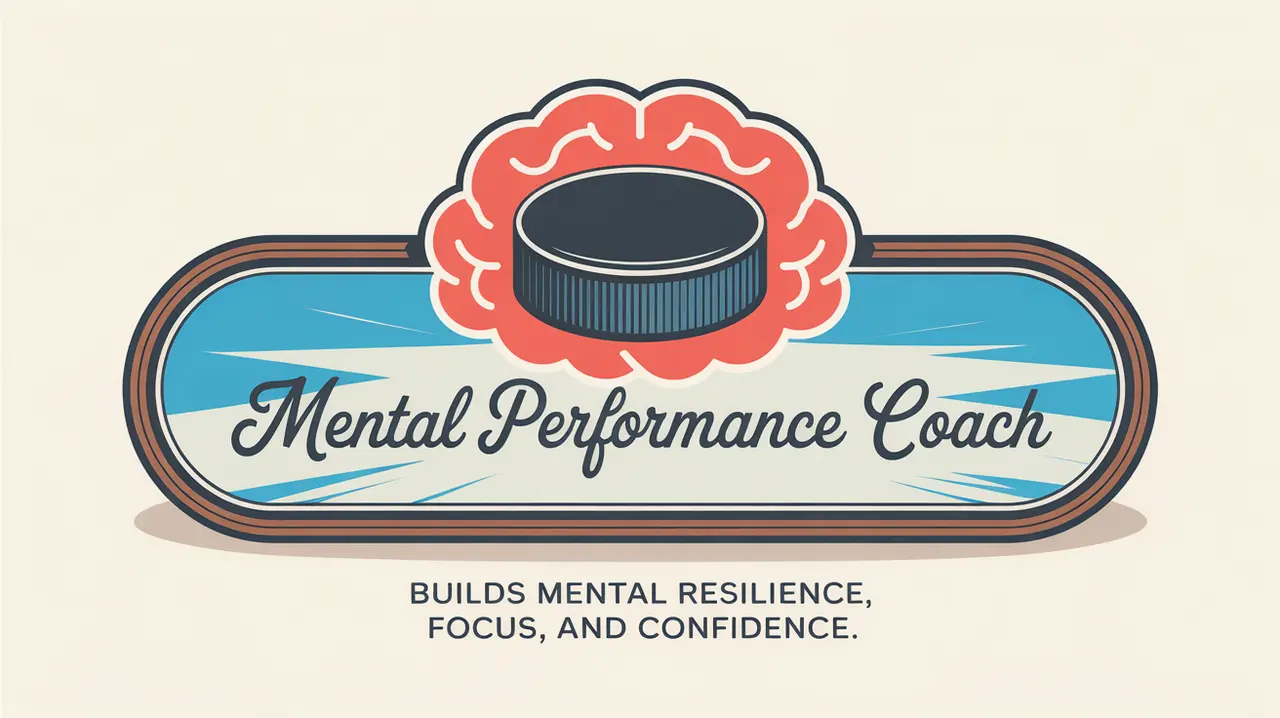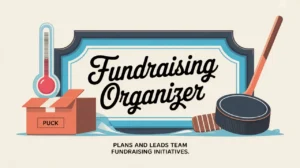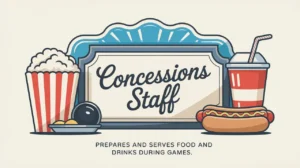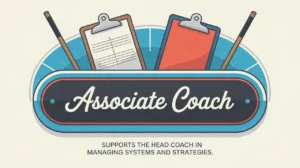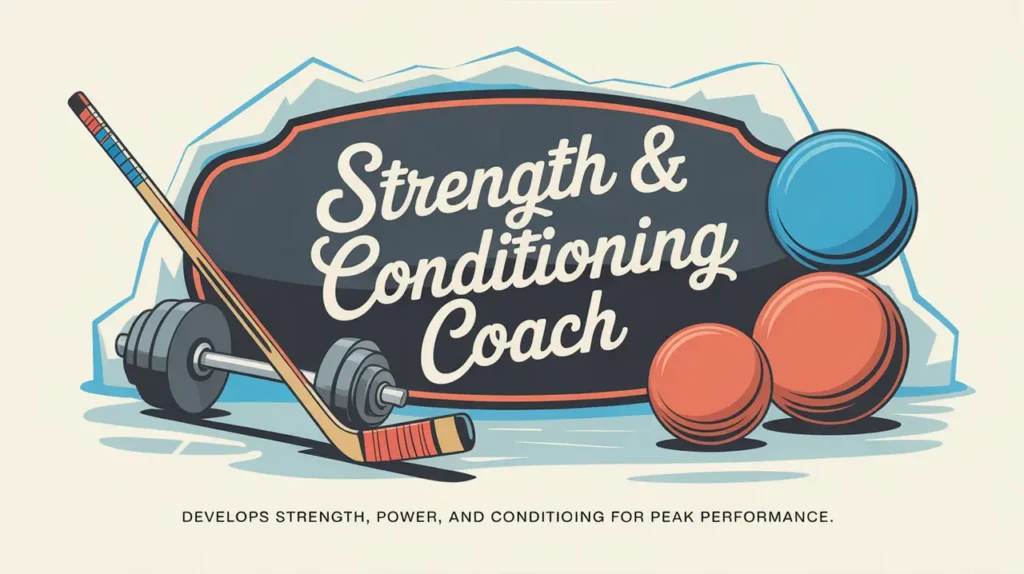Jim’s Intro to the Mental Performance Coach
Hi folks, Jim here, the only commentator who once tried to give a pregame pep talk to a junior team and ended up psyching himself out instead.
What is a mental performance coach?
A mental performance coach is a specialist who helps players build the psychological skills needed to perform at their best under pressure. Their work focuses on mindset, focus, confidence, emotional regulation, and competitive consistency, giving players tools to handle both the highs and lows of the sport.
They’re not therapists; they’re performance partners. Their role is to train the mental game just like the physical one, ensuring players can bring their best selves to every shift, practice, and moment.
How does it work?
Mental performance coaches shape players’ approach through mental skills training, applied strategies, and performance planning:
Assessment and Goal Setting
- They start by evaluating a player’s mental habits, self-talk patterns, and performance triggers, then set personalized goals.
- This may involve identifying confidence dips, concentration issues, or tendencies under stress.
Mental Skills Training
- They teach skills such as visualization, breathing techniques, goal setting, focus control, and pre-performance routines.
- Players learn how to regulate nerves, maintain composure, and sharpen their attention.
Performance Routines
- Mental performance coaches help players develop consistent routines for practices, warmups, and games, creating stability in unpredictable environments.
Resilience and Mindset Work
- Players learn to reframe mistakes, manage setbacks, and maintain confidence after poor shifts or games.
- Coaches build mental agility so players can reset quickly and stay in the moment.
Team Integration
- Mental performance coaches may run group sessions on communication, leadership, and focus, helping entire teams adopt shared mental frameworks.
Common Situations Involving Mental Performance Coaches
- Pregame Prep: Teaching focus routines to manage nerves and get into the zone.
- Slumps or Confidence Dips: Helping players rebuild belief after rough stretches.
- Handling Pressure: Training players to respond constructively in high-stakes moments.
- Post-Injury Returns: Supporting athletes as they rebuild mental confidence after time off.
- Team Workshops: Strengthening collective mindset and communication.
How do you make good decisions with it?
Effective mental performance coaching relies on trust, structure, and application.
- Normalize Mental Training: Treat it like strength work, not a last resort.
- Individualize Strategies: One routine doesn’t fit all.
- Integrate with Daily Practice: Skills need repetition to stick.
- Keep It Practical: Strategies should be clear and usable under game stress.
- Build Trust Gradually: Players open up when they feel safe and respected.
How do you master it?
Mastering the mental performance coach role requires deep knowledge of performance psychology, strong communication skills, and practical coaching ability. The best coaches translate mental concepts into tangible drills and routines, earning player buy-in through relevance and results.
What does it look like when done right?
A great mental performance coach builds players who stay composed in high-pressure situations, recover quickly from mistakes, and maintain a steady mindset through ups and downs. Teams become more focused, disciplined, and confident as mental training becomes part of their culture.
Commentator’s Corner
Jim’s Take
The mental performance coach is like the quiet strategist in a player’s corner. They don’t change how you skate, but they sure change how you show up when it matters most.
Parent Tip
Supporting mental training early builds habits that last. Confidence and composure don’t happen by accident. They’re built like any other skill.
Player Tip
Take mental work seriously. The edge between good and great is often invisible, and mindset is the difference-maker in tight games.
A Final Thought
The mental performance coach is the trainer of the invisible game, blending structure and psychology to build resilient, focused, and confident athletes. When mastered, the role combines mental skills, trust, and strategic repetition, turning pressure into opportunity.
